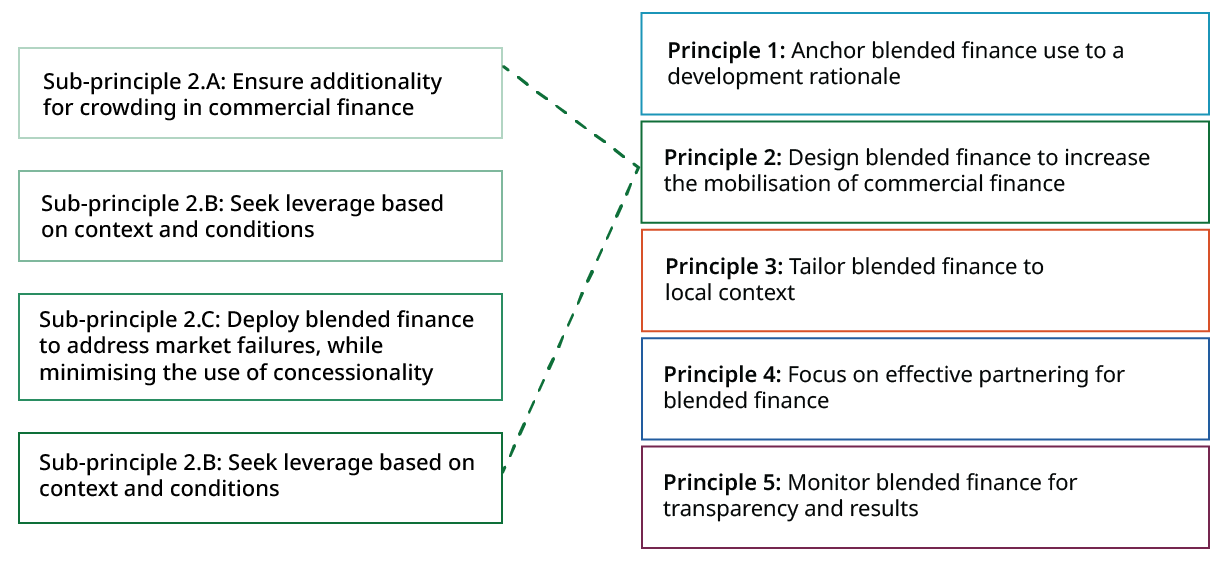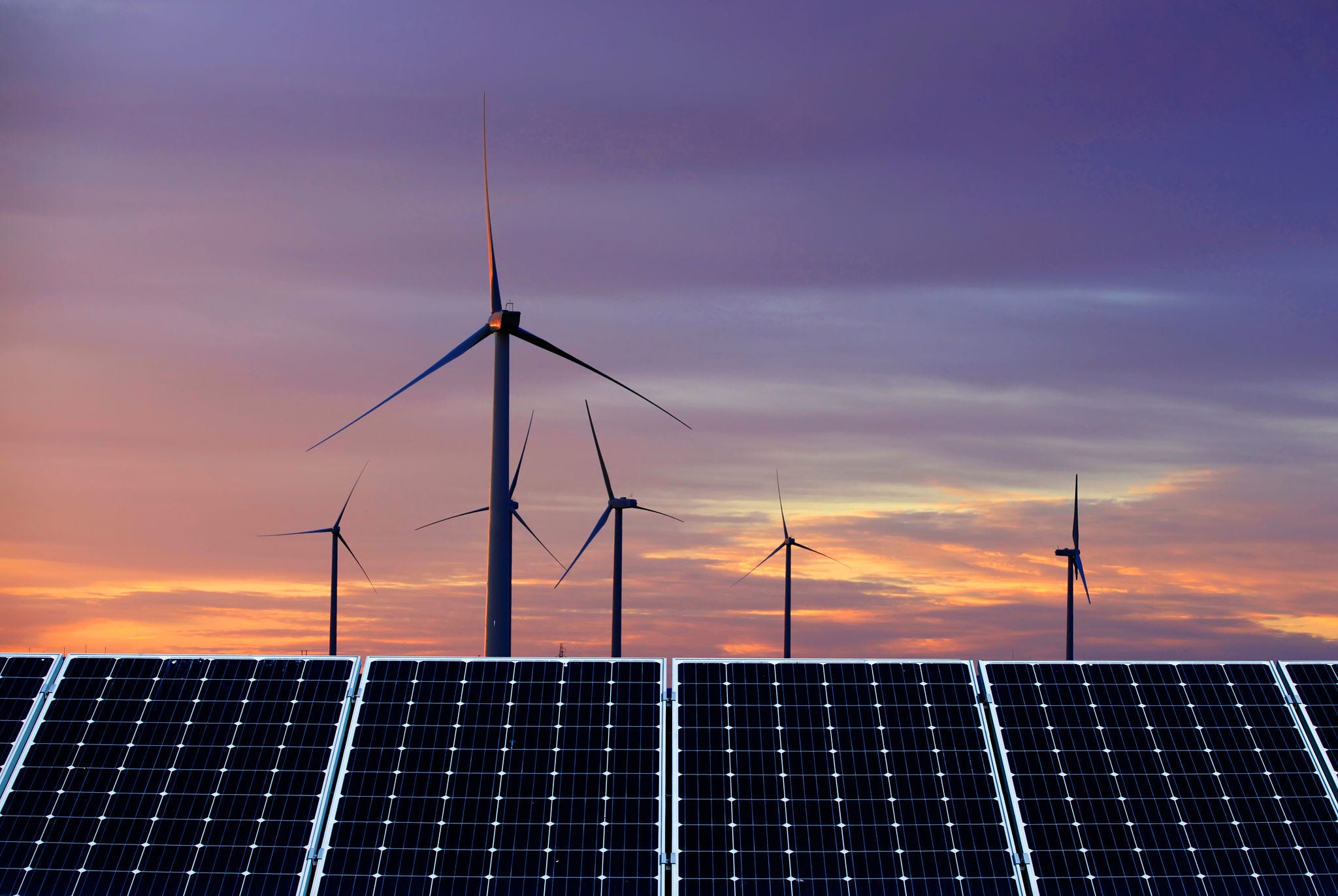Drawing on the OECD's Blended Finance Guidance for Clean Energy and other OECD best practice, the CEFIM team supports its partner countries to identify barriers to private investment towards critical clean energy investments and develop policy and other solutions, including innovative financing solutions, to help overcome them. Examples include support for the deployment of energy savings insurance in Indonesia and assessment opportunities to support offshore wind through blended finance in the Philippines.
Blended Finance for Clean Energy
Blended finance – the strategic use of development finance for the mobilisation of additional finance towards sustainable development in developing countries – is an important tool that can help mobilise commercial investment towards clean energy, whilst preserving scarce public resources for wider climate and development objectives.
Our work on blended finance
News and events
-
Climate Finance and the USD 100 billion goal 1 July 2024
-
Blended finance 25 May 2022
-
Blended finance 7 April 2022
-
Blended finance 21 October 2021
-
Blended finance 25 June 2021
Find out more about the report
A systematic approach to the deployment of blended finance – that tailors instruments to the nature of underlying barriers to commercial investment, minimises concessionality, has a clear exit strategy, and is co-ordinated within a wider ecosystem of support and enabling measures – can help maximise its development impact and stimulate private sector development.
This paper explores specific features of clean energy projects, and the wider transition, to draw lessons for donors, policymakers in beneficiary governments, and financial institutions on whether and how best to deploy blended finance in the sector.
It revisits the OECD DAC's Blended Finance Principles, specifically Principle 2: designing blended finance to increase the mobilisation of commercial finance, and explores their applicability to clean energy. It also explores sector-specific considerations for the deployment of clean energy, setting out the considerations development practitioners can make to inform better decision-making on, and maximise the development impact of, blended finance interventions.
Case studies
The OECD Blended Guidance for Clean Energy report includes case studies provided by development practitioners. The case studies demonstrate real-world appreciation of some of the considerations outlined in the guidance.
Off-grid clean energy, Uganda
Energy efficiency, Western Balkans
Energy efficiency, Colombia
Utility-scale renewables, Egypt
Utility-scale renewables, Global
OECD blended finance principles

